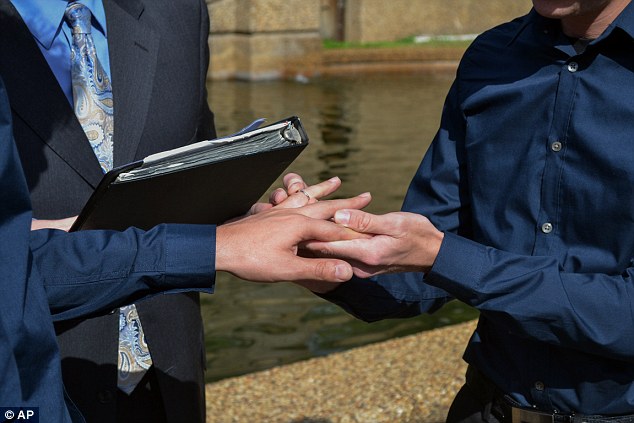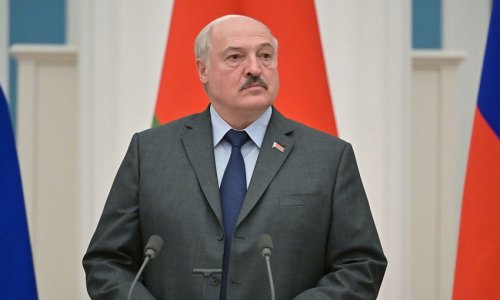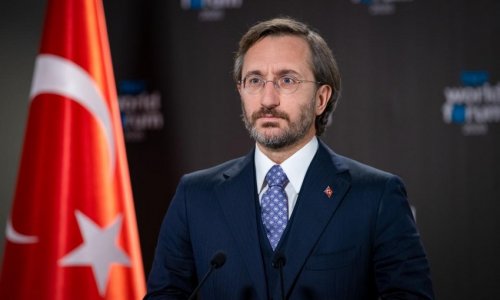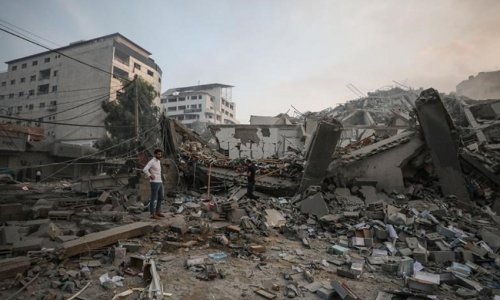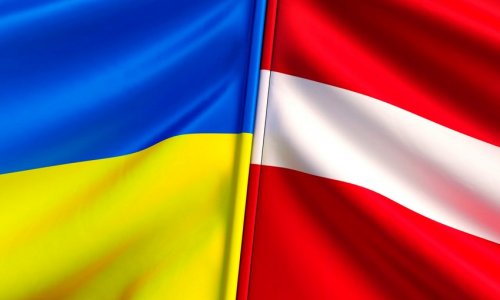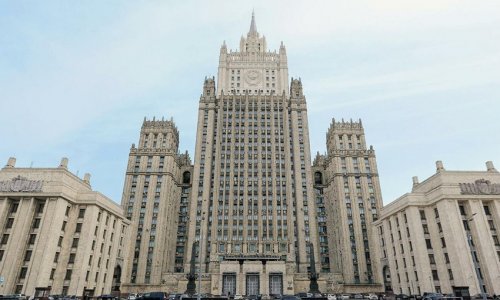Instead, he faces an uncertain future in New York City as one of scores of Russian gays seeking asylum in the United States because of hostility and harassment in their homeland.
'In Russia, I would have gotten my Ph.D. this fall, had a job and health insurance,' said Mironov, 25. 'Now, here, I'm nobody.'
Yet the sacrifices have been worth it, Mironov says, given the fears that lingered after he was severely beaten by several assailants in the lobby of a gay bar in his home city of Samara.
'Which is more important, happiness or success?' he asked over coffee in midtown Manhattan. 'I would say happiness. I feel no fear here.'
There are no firm statistics on the number of gay Russian asylum seekers; U.S. government agencies that handle applications do not report such details. However, the Department of Homeland Security's latest figures show that overall applications for asylum by Russians totaled 969 in the 2014 fiscal year, up 34 percent from 2012.
The increase is due in part to the worsening anti-gay climate in Russia, according to Immigration Equality, a New York-based organization which provides legal services for lesbian, gay, bisexual and transgender immigrants.
The organization says the number of inquiries it received from gay Russians seeking U.S. asylum has risen from 68 in 2012 to 127 in 2013 and 161 through Oct. 30 of this year. During that period, gay-rights gatherings in Russia were frequently targeted by assailants, and the parliament passed a law targeting 'gay propaganda' that was widely viewed as a means of deterring gay activism.
Said Mironov of that law, 'It helped homophobic people feel the government is on their side.'
To get an application approved, an asylum seeker must present a convincing case that he or she has a 'well-founded fear of persecution' in their home country. Russia's anti-gay policies and its record of anti-gay violence are factors that could strengthen an individual's case.
Aaron Morris, Immigration Equality's legal director, said most of the recent asylum inquiries came from gay men in their 20s and 30s who had been targeted by anti-gay attacks, while only a handful have come from gays or lesbians raising children.
'If you have kids, it can be really hard to leave everything behind,' Morris said.
In several U.S. cities, programs have been launched to assist gay asylum seekers from Russia and elsewhere as they await processing of their applications, which can take six months or more. For the first five months, the asylum seekers are barred from taking paying jobs, so they often struggle to support themselves, even with resumes illustrating professional success in Russia.
In Washington, D.C., housing is among the major challenges, according to Matthew Corso, who has helped the DC Center for the LGBT Community create a program to assist people who are seeking asylum.
'We have no trouble finding them legal representation, but trying to find someone willing to give part of their home or money for food or transportation is not easy,' Corso said.
Another group aiding gay Russian asylum-seekers in the Washington area is the Spectrum Human Rights Alliance, founded in 2011 by Russian immigrant Larry Poltavtsev.
(dailymail.co.uk)
ANN.Az
Follow us !

